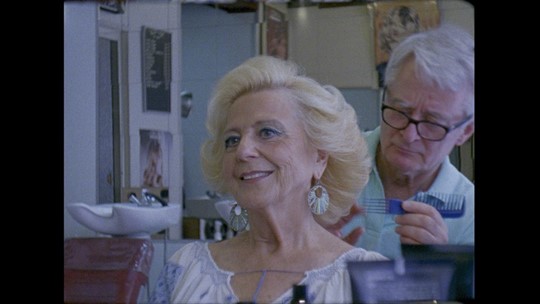
Sometimes a documentary is not about a major political theme, a disaster, war or other kind of crisis. Sometimes is a lovely portrait of a charming woman living in a beautiful flat in Montmartre in Paris. Maison de Bonheur is that film. This is a film about an elderly woman who lives alone in a flat in a beautiful building in Montmartre where she has lived for over 50 years. She is charming with wonderful friends and a love of gardening despite her garden being entirely on her balcony overlooking Paris. We should all be so lucky. I am not sure the film will appeal to everyone but if you want to relax in a charming trip through the everyday life of this remarkable woman you will be fine. We follow her through her daily routines, making coffee, caring for her flowers, entertaining family and friends you are gently lulled into a very relaxing hour or so in Paris. A nicely done look at the everyday. Not so bad really. Watch if you get the chance. Don’t confuse this with a film entitled La Maison du Bonheur. The latter is a French comedy and while good not at all the same.

